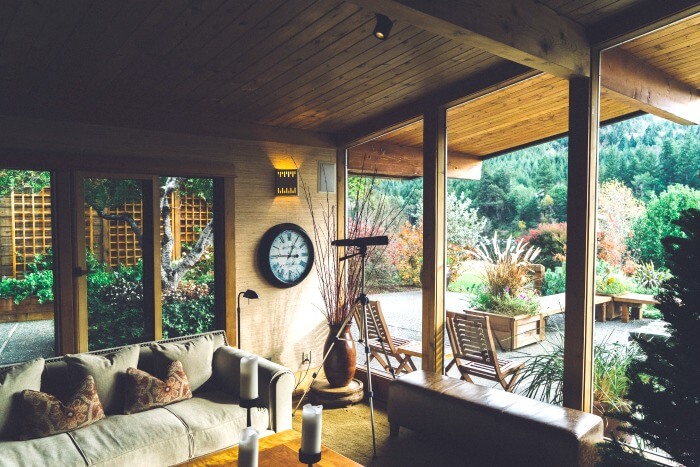If you’re looking to save money or contribute to environmental preservation, you may be wondering how to lower your electricity bill. Luckily, there are numerous ways to reduce electricity usage and lower your bill. You can involve the entire family to make a significant impact on energy conservation. Here are some energy-saving tips to help you lower your electricity bill, ranging from simple habits to more complex home renovations.

Best Ways To Lower Your Electric Bill
1. Lights Out
Simply turn off the lights when they’re not in use.
2. Eliminate Energy Sucks
Unplug any electronics with a box attached to the cord (like your cell phone charger) when they’re not being used. These devices consume energy even when not in use. You can also use smart power strips for your electronics.
3. Use your heater less.
Adjust your thermostat a few degrees lower in winter and higher in summer to save energy and money. Close curtains and blinds when the sun goes down to insulate your home and prevent heat loss.
Consider using a programmable thermostat to reduce energy consumption during times when you’re not at home or asleep. According to ENERGY STAR, a programmable thermostat can save you about $180 in energy costs annually.
You can also reduce heating needs and energy usage by making improvements such as creating a draft stopper and sealing air leaks in your home.
4. Use your air conditioning less.
Similar to heating, adjust your programmable thermostat a few degrees higher to save energy. Make sure your air conditioning unit is regularly serviced for efficient performance.
5. Energy Saving App
Consider using the HomeSelfe app, which provides tips on saving energy and offers discounts for eco-friendly upgrades.
6. Fridge Savings
Avoid leaving the refrigerator door open longer than necessary. Additionally, ensure that your fridge is not placed next to a heat source that causes it to work harder. Clean the refrigerator coils to improve efficiency.
7. Lighting Savings
To lower your electricity bill, switch to energy-efficient light bulbs and maximize natural lighting. ENERGY STAR Certified Light Bulbs use significantly less energy compared to traditional incandescent bulbs.
8. Reduce Loads
Run your washer and dishwasher only when you have a full load. Avoid using the heated dry option on your dishwasher and allow dishes to air dry.
9. Use the dryer less.
When possible, hang laundry to dry instead of using the dryer. Remember to empty the lint trap after every load to improve efficiency. Dryer balls can also help reduce energy usage.

10. Use Landscaping To Your Advantage
Utilize landscaping techniques to conserve home energy. Trim trees or shrubs that block light and heat unless you live in a hot zone, in which case planting shade-producing trees may be beneficial.
11. Heat less water.
Heating water consumes a significant amount of energy. Lower the thermostat on your hot water heater to 120 degrees Fahrenheit. This also reduces the risk of burns, especially if you have children. Consider taking shorter showers or washing laundry with cold water to save on energy and lower your bill.
12. Energy Star
Replace old appliances with Energy Star Appliances, as they offer significant annual savings on energy consumption.
13. Use Energy In Non-Peak Hours
Check if OhmConnect is available in your area, a startup that pays users for saving energy during peak hours. Using energy during off-peak hours reduces strain on utility companies and energy grids.
14. The Correct Burner
Use the smaller burner on your stove when using a smaller pan, as it consumes less energy than larger burners.
15. Roofing Choices
When replacing your roof, choose energy-conserving roofing tiles based on material and color. This doesn’t incur extra costs and can be done when replacing your roof.
16. Air Filters
Regularly replace the household air filter to ensure efficient operation of your HVAC system.
17. Fireplace Flue Damper
Keep the fireplace flue closed when not in use to prevent heat from escaping. Remember to open the damper before using the fireplace.
18. Close Vents
Close air vents in unused rooms to direct airflow to occupied areas.
19. Dryer Vent Cover
Install a dryer vent cover designed to remain closed when the dryer is not in use. This prevents energy inefficiency caused by clogs.
20. Energy Audit
Check if your energy company offers a free home energy audit or hire a local home energy audit service. Increasing your home energy efficiency will help lower your utility bills.

